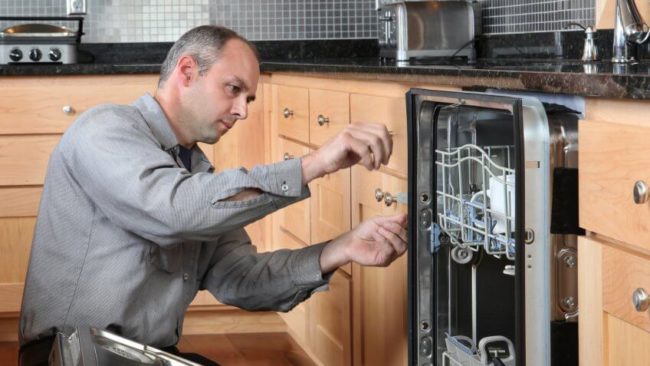The assessment of the condition of any property marks the starting point of your technical due diligence. Property condition assessment (PCA) may warrant other investigations based on its findings to uncover vital issues from the initial inspection. Majority of property owners include additional investigations into Mold, Termites, Radon and ADA compliance. A property owner is recommended to perform a Phase I Environmental Site Assessment due diligence as well. Environmental risks pose significant threats to commercial properties as well as residential properties. It is therefore important for a property owner to understand the risks he is exposed to in the environment.
As a result, it is recommended that inspections, especially for commercial properties, have to be done with someone with a background in Engineering and with plenty of experience with construction. However, most buyers tend to make the mistake of hiring home inspectors to conduct PCA for commercial properties. As much as home inspectors may be qualified to conduct PCA for simple single-family residences, they may lack the experience of assessing the cost information for replacement and repairs for commercial properties because they are more complicated than residential properties.
Enables The Property Owner Understand the Property.
The results of a Property Condition Assessment enables a property buyer to understand how the property works, therefore, making informed purchasing decisions. This offers the opportunity to evaluate specific features of the property in details. Furthermore, it allows the buyer to evaluate the various risks associated with the property, which enables the buyer to understand the technical aspects of the property, especially for future use. Sometimes you might discover conditions or risks you are not willing to take, thus walking away from the deal. It is best when you learn this as soon as possible.
Enables both the buyer and seller identify physical deficiencies
Property Condition Assessment highlights all the problems whether big or small that is associated with a property. Property owners usually assume buildings require little maintenance and they can utilize a large percentage of cash generated from the property on other important things. Whenever there is deferred maintenance, they tend to accumulate making the smaller problems that are easy to repair to become serious problems that are much more expensive to correct. Any type of property whether for commercial or household use requires constant maintenance. It is advisable to you put 20% of the total revenue generated back into the property for immediate or future maintenance. Failure to fund ongoing maintenance will result in depression of the value of the property. Performing a PCA may reveal the construction or design problems such as code violations, structural issues, bad workmanship, inadequate design systems, and poor material quality.
Estimation of Costs
PCA is used to estimate the cost of fixing various problems in a property. This is always the most important part of Property Condition Assessment. When you calculate the returns you expect from your property, these costs should be considered first. Therefore it is always important to prepare current and future expenses and capital outlays.
Offers advantage when Negotiating Terms
Just like you cannot pay full price for a truck with a leaking engine or bald tire, you cannot pay full price for a building or a house in poor condition. When you are planning to buy a property, you can use a PCA to leverage contract terms and acquire the property at lower prices from the seller. There has been a trend where buyers negotiate huge discounts based on PCA results. To prevent most deals from falling, many sellers have agreed to make substantial repairs which have been identified by the Property Condition Assessment. You tend to have a stronger negotiating power when your PCA provider possesses technical expertise and credentials.
Mitigation of Exposure to Future Liability
The inspection may expose some of the potential safety and health hazards that could lead to huge liabilities later. However, it is advisable that the assessment should not identify specific hazard that can cause harm later. This assessment becomes evident that the hazard was not reasonably foreseeable therefore the owner is not legally liable for any injuries. In short, the document serves as your witness in case something bad happens in future.









